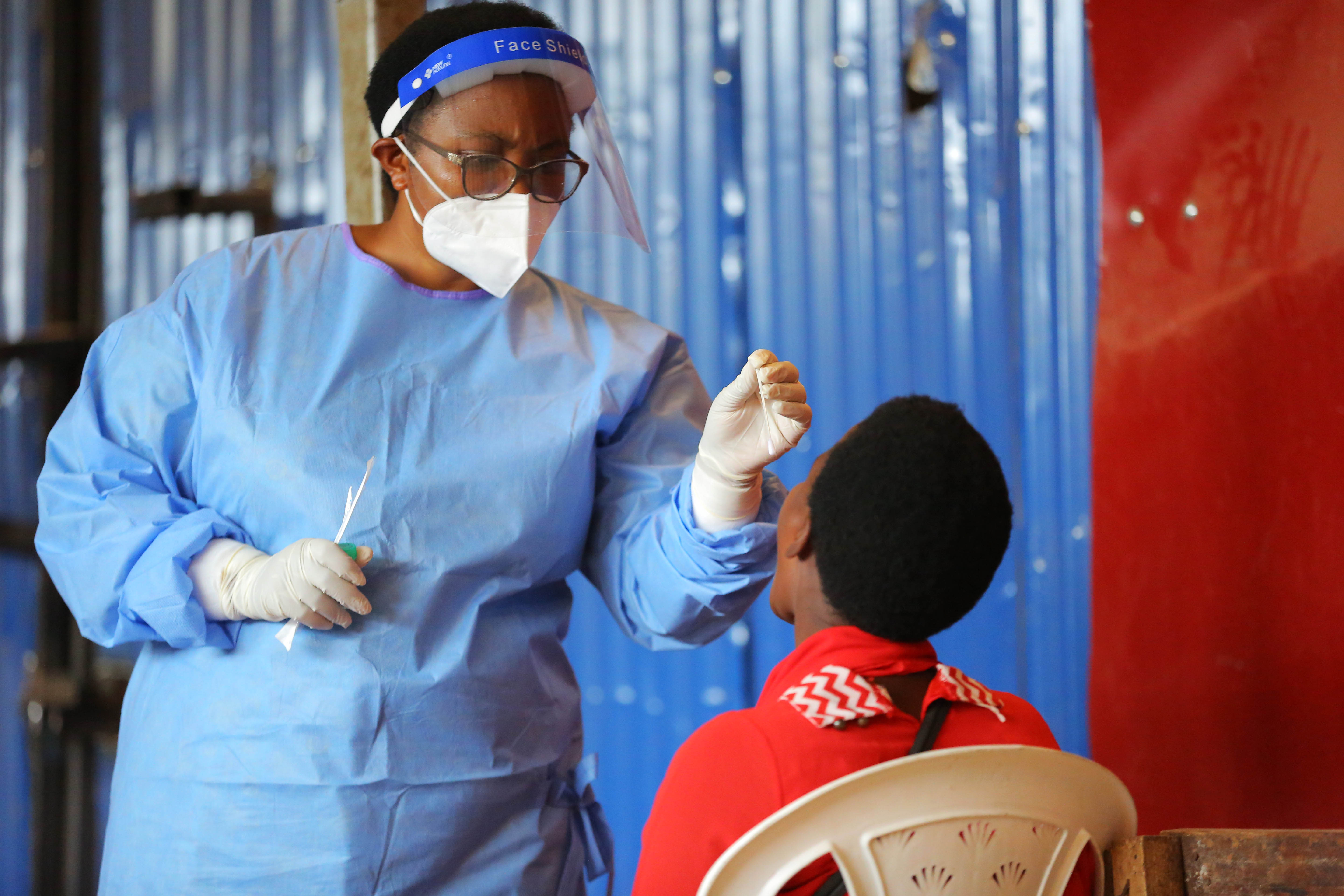

Rwanda, like the rest of the world, continues to grapple with a more vicious coronavirus pandemic due to virus mutations, which has driven up transmission in the past few weeks.
Different treatment approaches have been put into place, including Home Based Care (HBC) which facilitates a number of patients to be treated in their homes.
Thousands have used the same method and have since healed and returned to their normal lives.
With the numbers increasing on the daily basis, it becomes more difficult for frontline workers to be able to monitor on daily basis every person diagnosed with the virus.
Here is what you need to know after testing positive, according to guidelines by Rwanda Biomedical Centre (RBC).
Do not panic, self-isolate yourself
Once you test positive, keep calm and go straight home while complying to guidelines (wear your mask properly, wash your hands, keep one meter social distance) to not infect any other person on your way.
The next step is to isolate yourself in a given room to minimize chances of spreading the virus especially to those that are at risk of being critically ill.
Postpone your programmes until you heal and do not allow any visit while in isolation. The guidelines by RBC show that only after 14 days have elapsed should you go back for a follow up test.
Everyone in your household should also test for Covid-19 to check their status and continue to follow all guidelines without compromising.
Engage in uplifting activities
Maintain a positive attitude throughout your isolation period, do things that uplifts your spirit such as reading books, listening to radio, connecting to your loved ones through available communication gadgets.
Even though you can’t be in bed all the time, make sure you take enough rest.
Engage in physical exercises at least 30 minutes per day, and do not take alcohol or tobacco for this may worsen your state.
Keep in touch with your doctor
You must have contacts of the nearest health worker, and those of your cell leader in case of emergency.
You are encouraged to give updates daily, you may say how many times they can call you in a day to keep track of your health status. The toll-free line 114 works 24/7.
After 14 days, you are allowed to go out, your doctor will inform you of the nearest testing health centre to cross-check your status. The list of clinics permitted to test is made available.
Medical assistance
Paracetamol, Vitamin C, Strepsils losanges, and other medicines that normally treat cough and flu are recommended to help deal with symptoms.
However, you must follow prescriptions given by your doctor or pharmacist.
In case of persistent fever or tremor, your doctor may prescribe antibiotics to help you.
There are some symptoms which remain even after healing such as loss of taste or smell, they disappear with time so there is no need to panic.
Eat healthy
You should take a full healthy course meal, with a lot of fruits and vegetables. For an adult, you must drink two to three litres of water per day.
Abstain from cold food or drink, your meal has to be soft and rich in protein like hot soup. And your drinks should be rich in vitamin C like lemon tea, ginger preferably and fresh juice.
Spicy food may cause gastric disorder, hence do not go for it.
Be cautious about your sources of information
RBC points out that we are dealing with a virus whose full, accurate information is yet to be known, scientists are still carrying out research to give more clarity and right information to the public.
Different rumors about Covid-19 are spread across the internet, be cautious to get right information about it on RBC’s and Ministry of Health’s social media platforms, www.rbc.gov.rw and twitter accounts.


